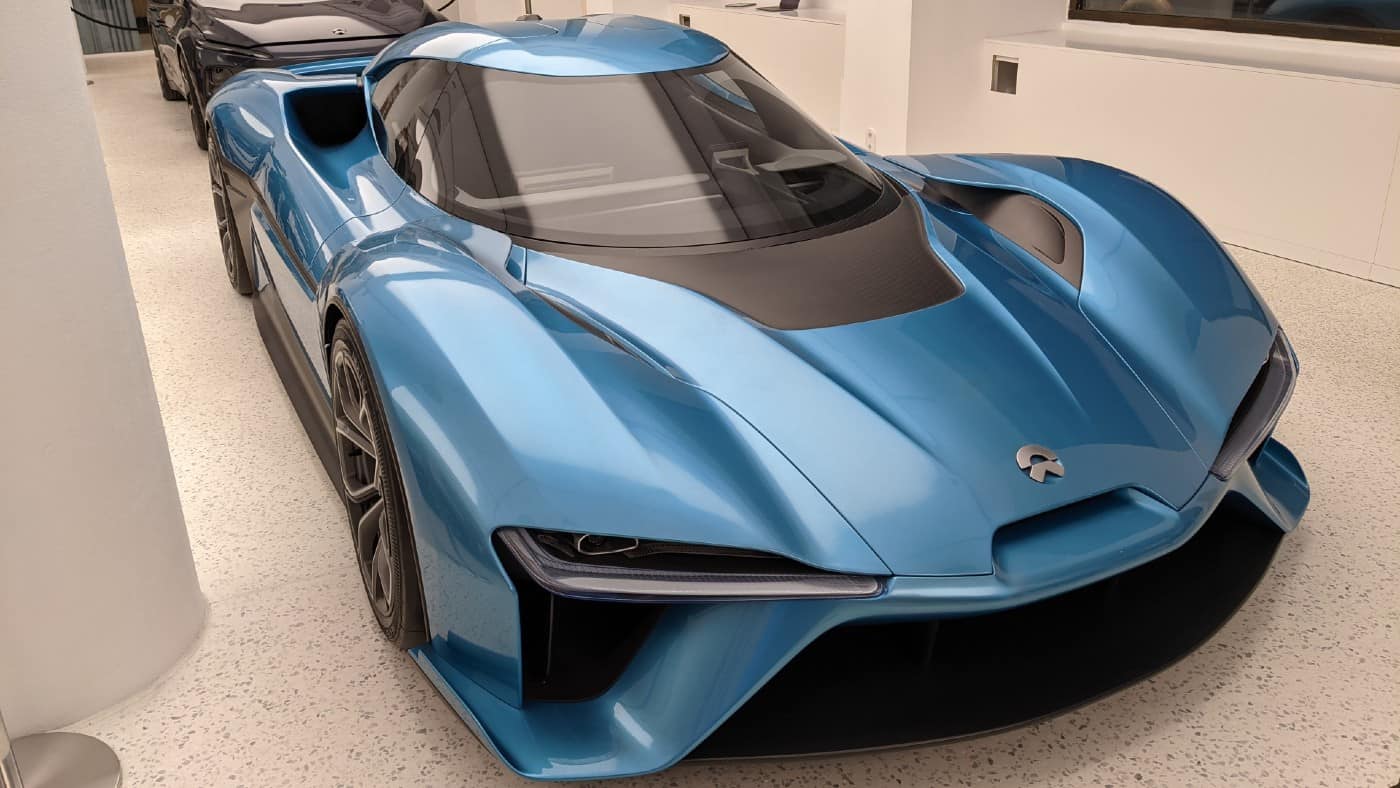Scottish Mortgage Investment Trust (LSE: SMT) attempts to identify the world’s greatest growth companies while they’re still flying under the radar. This strategy led the FTSE 100 trust to invest in NIO (NYSE: NIO) shares back in 2018.
It was easy to see why at the time. The Chinese electric vehicle (EV) start-up was dubbed the ‘Tesla of China’. It was co-founded by William Li, a celebrated tech entrepreneur in the country.
And as China was already the world’s largest EV market by far, with decades of mind-boggling growth ahead of it, NIO looked to be an exciting investment proposition.
As the chart shows, though, the stock has been a major disappointment. It’s down 55% since September 2018 and 87% in the last three years.
Reductions
According to data from GuruFocus, Baillie Gifford (which manages the trust) sold 95,723,328 NIO shares at $5.78 each on 1 March. This resulted in an 83.50% decrease in the asset manager’s position.
As far as I’m aware, Scottish Mortgage was the only Baillie Gifford fund to have a significant holding in NIO. At the end of September 2023, it reported that it had significantly reduced its position.
So we know the trust had already been dumping NIO shares. This latest reported transaction seems to suggest it has been offloading even more.
What’s going wrong with NIO?
As things stand, the company is facing a long list of challenges. Chief among these is competition and a slowdown in global EV sales due to weakening consumer demand.
As a result, the firm expects to deliver around 30,000 vehicles in the first quarter, compared with its previous forecast of 31,000 to 33,000.
In the fourth quarter, its gross margin was 7.5% compared to the consensus expectation for 10.2%.
Meanwhile, its net loss widened to $2.9bn last year. The company isn’t in danger of going bust anytime soon (it ended 2023 with $8.1bn in cash and equivalents), but all this adds up to a worrying picture.
Backing the wrong horse
Of course, we only know in hindsight that NIO has turned out to be a poor investment. A few years ago, it looked very promising. Indeed, I owned some shares myself for a period in 2020.
But it’s hard not to look at BYD, China’s EV king today, and think that the trust backed the wrong horse. The shares are up nearly 300% in the last five years.
While NIO is struggling to achieve profitability and grow internationally, BYD is building new plants in Thailand, Brazil, and Hungary.
Warren Buffett‘s Berkshire Hathaway invested in BYD in 2008 and had made around a 30 times return by 2021.
Will I invest?
BYD expects 90% of new cars sold in China to be electric within five years. So there is still a huge market opportunity for NIO if it can seize it.
The firm has a well-known brand and is very innovative. And by all accounts, its vehicles are top-notch.
However, I’m not convinced enough to invest. BYD’s new Blade Battery boasts a cruising range of 605km. Further improvements in battery technology, both in range and charging times, could make NIO’s network of battery-swap stations obsolete.
All things considered, the stock is too risky for me. I’m going to invest my money elsewhere.







